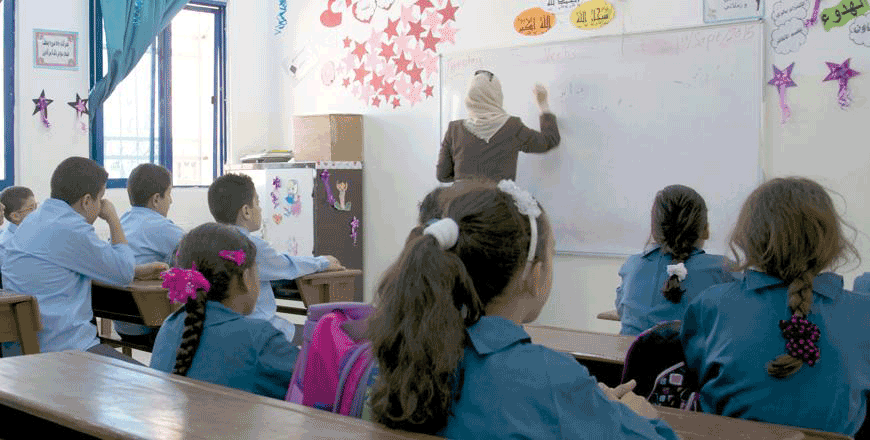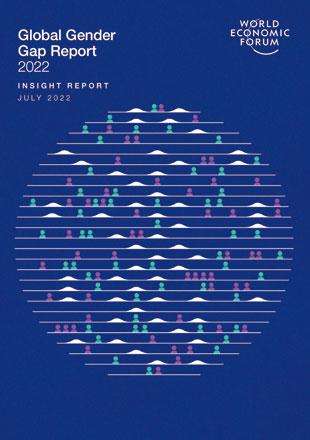You are here
Women’s low economic participation at odds with gender-equal education, says JSF
By Maria Weldali - Mar 11,2023 - Last updated at Mar 11,2023
AMMAN — Women’s economic participation in the Kingdom remains sharply below male employment rates, according to the Jordan Strategy Forum (JSF).
In an interview with The Jordan Times, sociologist Hussein Khozahe said that gender disparity in the labour market is still high, despite an increasingly educated female population.
“In Jordan, 78 per cent of females that hold higher education degrees are unemployed or are looking for employment,” he said.
One reason for the low participation in the formal workforce is informal employment, which constraints women’s access to social security benefits, and often leaves them without any protection, Khozahe said.
Additionally, there are some socio-cultural barriers which view women’s work as “less important”, the sociologist said.
According to the JSF, current female economic participation stands at 18.3 per cent compared with male economic participation, which measures 69.8 per cent.
However, recent JSF analyses showed that Jordan is known for its gender equality in education.
Speaking with The Jordan Times, SADAQA Executive Team Member Randa Naffa stated that “despite some progress, women still do not have an enabling environment and there remain major obstacles that hinder women’s full participation in the workforce”. SADAQA is a women's labour rights advocacy organisation.
Among the main challenges are inadequate public transportation and a general unavailability of sufficient number of daycare centres, she said.
According to SADAQA statements made available to The Jordan Times, nearly half of women who take non-BRT public transportation to work spend JD1 to JD2 on their daily commute.
The situation of women’s employment “is very much connected” to the lack of childcare facilities, and addressing the challenges facing the childcare sector would lead to more women entering the labour market, she added.
Related Articles
AMMAN — Negative social perceptions and attitudes towards women in the labour market have defined and shaped “pink-collar” professions in Jo
AMMAN — Jordan ranks 145th out of 146 countries with regard to women’s participation in the labour force, according to the Global Gender Gap
AMMAN — The Jordan Strategy Forum (JSF) recently issued a policy brief that discusses the role of Jordanian women within the Economic Modern

















